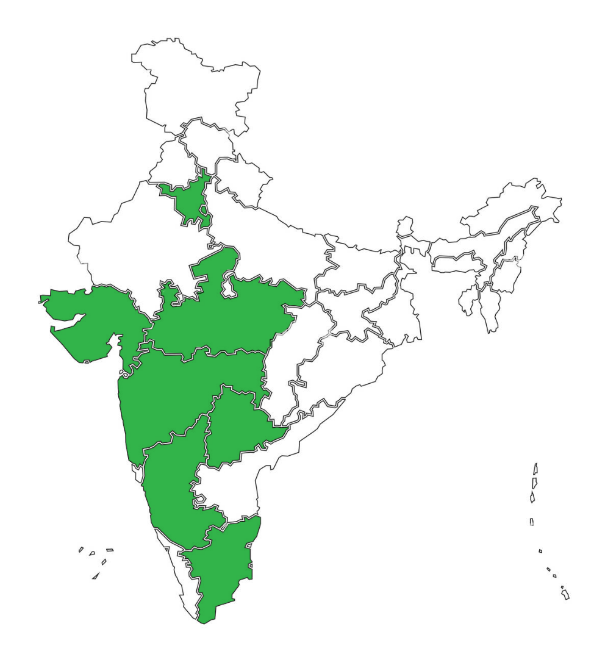The e-commerce industry is integral to India’s digital transformation, and the Digital India program launched by the government has facilitated this transformation. Today, the digitally connected world has changed buying habits and the Pandemic only accelerated this transformation. The Indian consumer can obtain a wide range of products and services at their doorstep by leveraging the advantage of e-commerce platforms.
With the growth of e-commerce, small and medium-sized enterprises (SMEs) have expanded their businesses by leveraging digital platforms to reach new customers.
With the growth of e-commerce, there has been a significant increase in the demand for logistics services, particularly last-mile delivery. The electrification of e-commerce logistics has helped the industry by reducing delivery costs, improving efficiency, and lowering carbon emissions.
The Indian government has set of goal of 100% new EV sales in last mile segment by 2030 and is actively encouraging the adoption of electric vehicles (EVs) in e-commerce logistics by rolling out several tax incentives and subsidies for EV manufacturers and buyers.
In addition to the cost and efficiency benefits, the electrification of e-commerce logistics can also help to reduce air pollution and improve the health of communities.
Overall, as the digital economy continues to expand, e-commerce is expected to play an even more significant role in shaping the future of India’s economy.
The widespread adoption of electric three-wheelers and electric trucks for inter-city and intra-city cargo transportation and the transition to electric vehicles for commercial purposes and e-commerce logistics will have far-reaching benefits for India’s economy and society.






